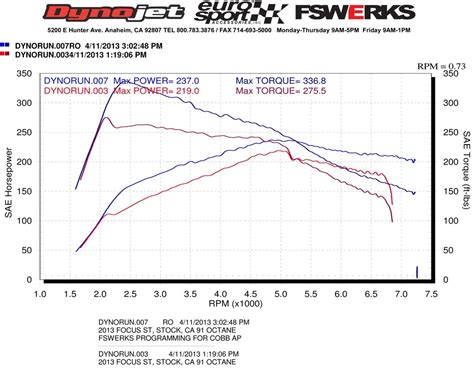91 to 93 Octane: Maximize Your Engine's Lifespan
Choosing the right octane fuel for your vehicle is crucial for optimal performance and engine longevity. While many drivers might see the numbers 91 and 93 at the pump and wonder what the difference is, understanding octane ratings and their impact on your engine is key to maximizing its lifespan. This article will delve into the specifics of 91 and 93 octane gasoline, helping you make informed decisions about fueling your car and extending its life.
What is Octane?
Octane rating is a measure of a fuel's resistance to knocking or pinging. Knocking occurs when the air-fuel mixture in your engine's cylinders ignites prematurely, before the spark plug fires. This uncontrolled combustion can cause damage to engine components, reduce performance, and ultimately shorten the engine's lifespan. Higher octane fuels are more resistant to knocking, allowing for higher compression ratios and improved performance in engines designed for them.
91 Octane vs. 93 Octane: What's the Difference?
The difference between 91 and 93 octane lies primarily in their resistance to knocking. 93 octane fuel is more resistant to pre-ignition than 91 octane. This means it can withstand higher compression ratios and temperatures without knocking. The higher the octane number, the greater the fuel's resistance to detonation. However, this doesn't automatically mean 93 octane is always better.
What Octane Should I Use? Your Car's Manual is Key!
This is the most crucial point: Your owner's manual explicitly states the recommended octane rating for your vehicle. Using a lower octane than recommended can lead to knocking, potentially causing engine damage. Using a higher octane than recommended won't necessarily harm your engine (though it's unlikely to provide performance benefits unless your car is specifically designed for it), but it's a waste of money.
What if my manual recommends 87 octane, but I want to use 91 or 93?
Using a higher octane than recommended is generally safe, but it won't improve performance unless your engine is specifically tuned to benefit from it. In fact, you’ll likely see no difference in performance or fuel economy. Stick to the manufacturer's recommendation for optimal engine health and cost-effectiveness.
Does Using Higher Octane Increase Engine Lifespan?
While using the recommended octane rating is crucial for engine longevity, simply using a higher octane fuel than specified won't magically extend its lifespan. The key is to avoid knocking, and if your car's manual recommends 87, using 91 or 93 won't prevent knocking that might be caused by other issues (like a faulty sensor or carbon buildup).
What causes knocking besides low octane?
Several factors contribute to knocking besides using the wrong octane fuel. These include:
- Carbon buildup: Accumulated carbon deposits on engine components can increase the likelihood of pre-ignition. Regular maintenance, including cleaning, can help.
- Faulty ignition system: Problems with spark plugs, ignition coils, or other ignition components can lead to improper combustion and knocking.
- Low compression: If your engine's compression ratio is low, it can make it more prone to knocking, regardless of the octane rating.
- Sensor issues: Malfunctioning sensors that monitor engine conditions can result in incorrect fuel delivery, potentially leading to knocking.
How to prolong your engine's lifespan?
Besides using the correct octane fuel, several other practices help maximize your engine's lifespan:
- Regular maintenance: Follow your owner's manual's recommended maintenance schedule for oil changes, filter replacements, and other crucial services.
- Proper warm-up: Allow your engine to warm up before driving, especially in cold weather.
- Avoid harsh acceleration and braking: Gentle driving habits reduce stress on engine components.
- Address engine issues promptly: Don't ignore warning signs or unusual noises from your engine.
By understanding octane ratings and following best practices for engine care, you can significantly extend the life and performance of your vehicle's engine. Remember, always consult your owner's manual for the recommended octane rating and follow the suggested maintenance schedule. This simple step can make a big difference in the long run.

